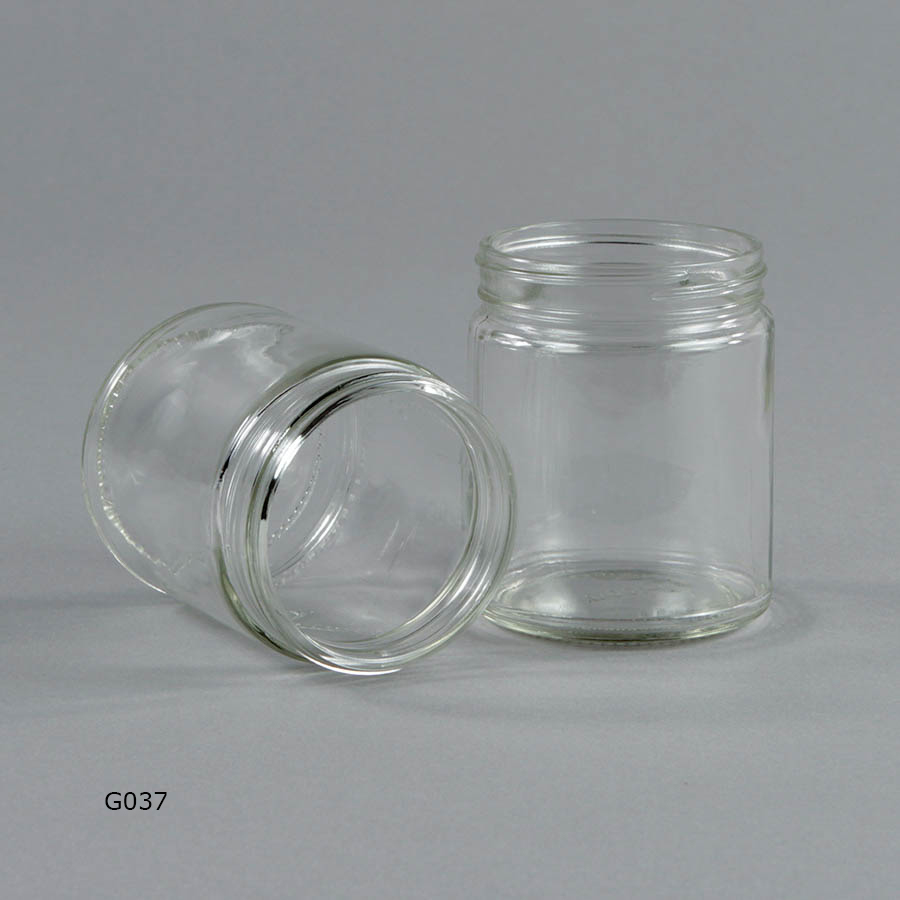S2K Commerce - Products Dropdown
Web Content Viewer
Glass Vs. Plastic Containers: Cost, Recycling, Health

In part one of this two-part blog series, we went over some of the basic similarities and differences between glass and plastic containers. Both of these materials are robust options for many forms of containers and sealing, and choosing between them for many applications requires a knowledge of each of them.
At Industrial Container and Supply Company, we offer an unmatched selection of glass, plastic and even metal containers - from cans and bottles to tubs, pails, drums and numerous others. Here are some of the other key areas in which to compare glass and plastic containers, plus how to make your choice for any product or container need you have.
Sustainability and Recycling
While both glass and plastic have seen significant improvements in areas like sustainability, this is one realm where glass holds a few edges over plastic. For example, glass is 100% recyclable and has an infinite recycling life without any loss in quality or purity. On the other hand, plastic can only be recycled a few times before it needs to be downcycled, as its molecular structure breaks down with each cycle.
As a result, glass only makes up about 5% of the garbage in the US - while on the flip side, plastic makes up about 20%. Some of this is due to the fact that plastic is "newer" to the marketplace and still has a lot of room for improvement in terms of sustainability.
Cost
When it comes to cost, plastic usually holds an edge over glass - depending on the quality levels you need. Generally speaking, plastic is less expensive than glass due to its lighter weight and easier production processes. However, if price isn't your primary concern then glass is often the better choice due to its superior performance and sustainability.
Much of this is because the melting point of plastic is far lower than glass, which requires more energy for its production. In addition, glass containers often have a much longer shelf life and can be reused multiple times - something that plastic containers cannot do unless they're specifically designed for reuse (and even then it may only be suitable for use a few times).
Health Impacts
When it comes to possible container toxicity or hazard risks, both of these materials should be completely safe - as long as you're using the right sources. For instance, there are some definite risks involving BPA (bisphenol A), a harmful chemical, with plastic - but high-quality plastics do not contain it.
In terms of overall health, glass is a better choice as there's no risk of contamination from plastic pollutants or toxins. In addition, glass containers are wonderful for storing food that may be left in them for longer periods of time - something you don't want to do with plastic containers.
Protection During Transportation
While we talked about shipping costs in part one of our blog series, it's also worth discussing the level of protection that each type of container offers. When considering glass containers, they are great for keeping their contents safe and secure while in transit due to their rigidity. On the other hand, plastic containers may be more prone to damage or breakage - especially if not handled with care.
This also depends heavily on the sort of products you're distributing, as well as their weight. For instance, glass containers are usually better for heavier items such as liquids or solids that may not fit securely in a plastic container.
Making Your Choice
Ultimately, choosing between glass and plastic for your container needs will come down to a few basic elements:
- Length of seal requirement: If you need a container that will be able to maintain a seal for longer periods of time, glass is typically the better option.
- Cost: While plastic can save money in some cases, choosing higher-quality products can help ensure a longer shelf-life and potential reuse.
- Health: Both materials should be safe if you're using quality sources - but glass does have the edge here.
- Transportation safety: Glass containers are usually better for protecting heavier items in transit, due to their rigidity.
- How clients will feel: As we discussed in part one of our series, many people perceive glass as being a more robust and reliable material, which could positively impact how your clients feel about the product.
By weighing up these factors against each other, you should be able to make an informed decision on which type of container is best for your needs.
And if you're still unsure - or want more advice - then our team at Industrial Container and Supply Company are here to help. With decades of experience in the container industry, we can help you choose the best container type for your products - whether it be glass or plastic (or our other options, such as metal). So get in touch today and find out how we can help.
